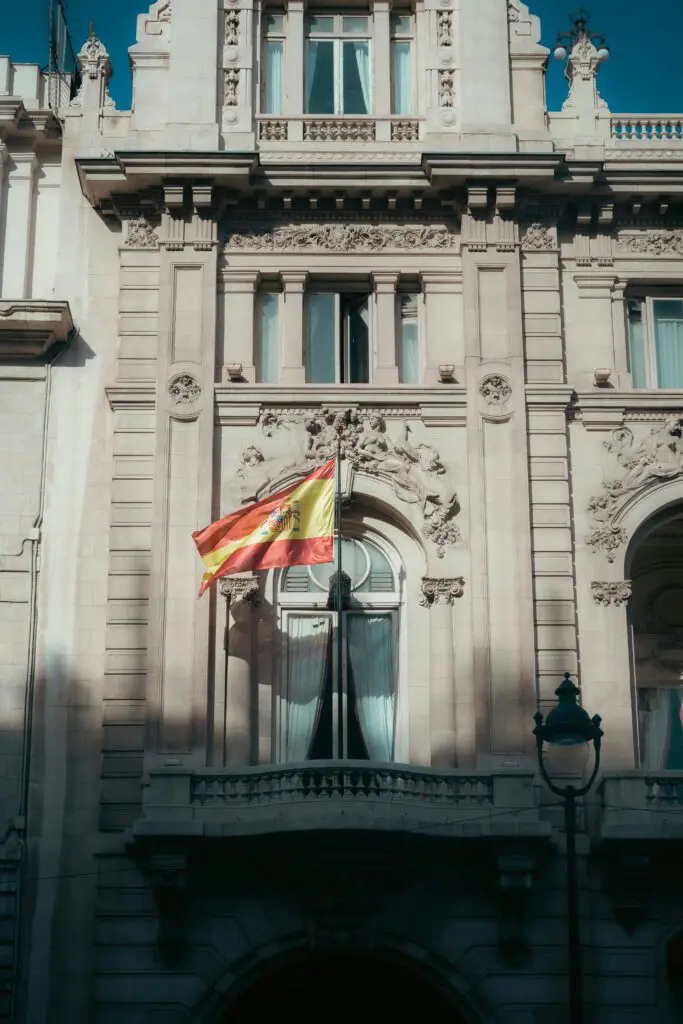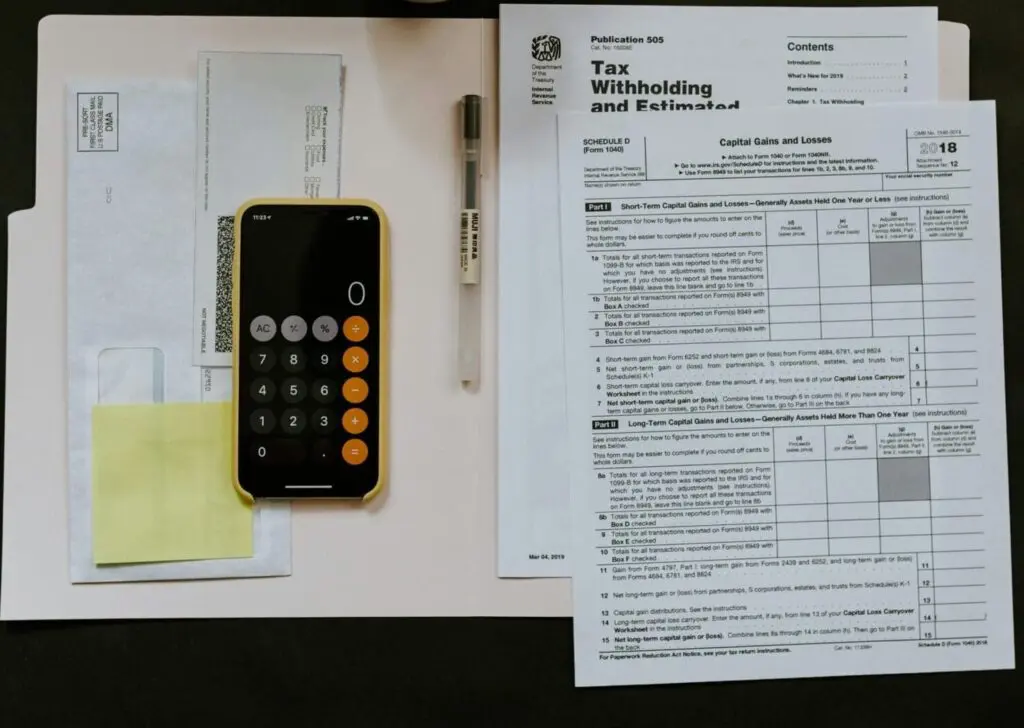Side B of the #floorclauses extrajudicial procedure
The #floorclauses extrajudicial procedure favours the banks instead of consumers
As anticipated in our article “Floor clauses and smoke curtains”, the #floorclauses extrajudicial procedure regulated by the Royal Decree 1/2017 of 20 January has come to establish that banks continue winning this battle.
This is not just a headline. Against a decision of the highest court, the CJEU, the Government gives more oxygen to the worst practices of the Spanish banking system against a citizenship which had hardly started to recover from a crisis provoked by those same Banks .
This nefarious Decree, lacking all legal logic, establishes an extrajudicial procedure to elude the res judicata and damaging the most basic consumers’ rights.
In the first place it blocks the immediate repayment of the interest illegally charged by the banks, as the European Court orders. And I stress that they are “illegal interests” as to continue calling them “undue interests” is an euphemism that does not recognize the existence of an unappealable judicial ruling.
Secondly, the three-months period that this new Decree gives to the Bank harms the consumers ‘ rights as it increases “de facto” to three months the current two months that the banks must comply with to reply to customer complaints, established by Order ECC / 2502/2012, of November 16.
Thirdly, the banks have one month from the publication of this new regulations to adapt to the new process, thus acquiring an additional month to make a first offer, which only marks the beginning of a lengthy negotiation process.
Thus, this procedure, which is supposed to guarantee customers’ rights and support an already crowded court system, the only thing is achieving is to strengthen the delaying tactics of a banking system reluctant to accept the decision of the European Court.
Therefore, the banks are reducing the accounting reserves made last year following this Decree as it seems that the compensations to be paid will be lower than expected.
Given the situation, in any negotiation with the bank the following points must be taken into account:
1.- The negotiating and judicial strategy as well as expected results: This Decree allows the banks to decide whether a claim is valid or not and to agree in kind compensations such as the renewal of mortgage conditions or the reduction of mortgage rates.
2.- The calculation of interest and expenses to be refunded: The banks are not obliged to calculate them if they consider there is not a valid claim.
3.- Legal costs: Banks will not pay legal costs if the client does not use this extrajudicial procedure. But even if they use it and fail to reach an agreement, the bank would only have to pay the legal costs if the client obtained a higher amount than the one offered by the bank at the start of the extrajudicial proceeding.
Due to the above, considering the consumer protection legislation and understanding that European jurisprudence is a source of law, it is urgent that the Government reconsiders this Decree and developed urgent measures to ensure the repayment of interest illegally charged by the Bank are paid immediately.
At Del Canto Chambers we are specialised in tax and trade law and we can be contacted at our platform www.spanishbank.co.uk and at clerk@delcantochambers.com.
Del Canto Chambers’ Editorial Board







